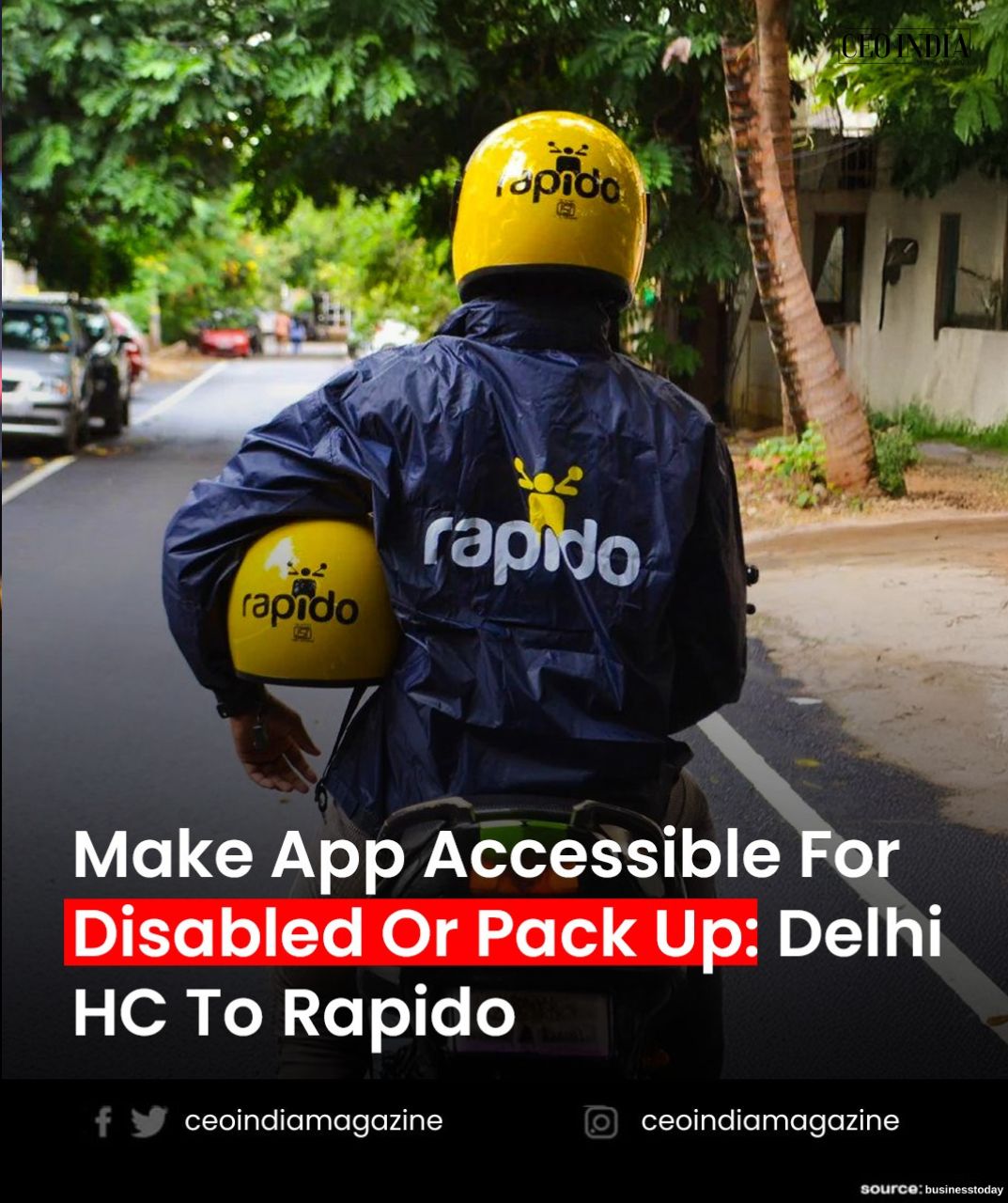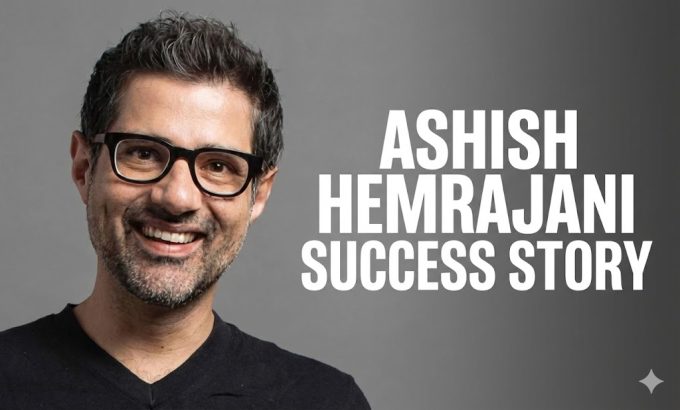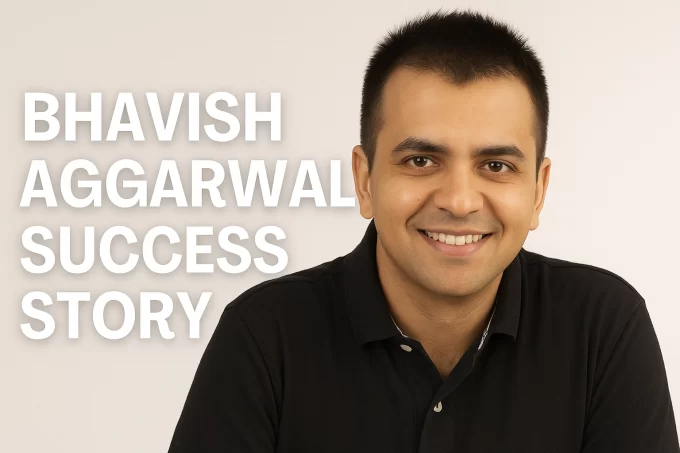The Delhi High Court has come down hard on ride-hailing giant Rapido for failing to ensure adequate accessibility of its app for specially-abled individuals. In a recent hearing, the Court expressed concern over the lack of compliance with existing laws meant to safeguard the rights of persons with disabilities. The case was brought to the Court’s attention following a petition filed by a visually impaired person, highlighting the app’s shortcomings in accommodating users with special needs.
The Court’s Concerns
The petition raised by the visually impaired individual questioned how Rapido’s app, a popular platform for booking rides in India, had been allowed to function without ensuring accessibility for users with disabilities. The Delhi High Court, while hearing the matter, pointed out that Rapido had not done enough to make its platform usable for specially-abled persons, a clear violation of accessibility laws in India.
In its remarks, the Court emphasized that all companies offering digital services, including ride-hailing platforms, must comply with guidelines and regulations that promote inclusivity and provide equal opportunities for everyone, irrespective of physical impairments. This includes ensuring that apps are designed in such a way that they can be easily navigated by visually impaired users, as well as those with other disabilities.
Read More :-
Swiggy Launches ‘Assure’ B2B Platform to Deliver Kitchen Supplies to Restaurants, Competing with Zomato’s
Accessibility Report Highlights Failures
A comprehensive accessibility report has shed light on the extent of Rapido’s failure to accommodate specially-abled persons. The report revealed a staggering 81 major accessibility issues within Rapido’s mobile application. These included difficulties with screen readers, non-compliance with color contrast standards, and poorly designed user interfaces that make navigation challenging for visually impaired users.
Screen readers, a critical tool for visually impaired individuals, were reportedly unable to read key elements on the app, making it nearly impossible for them to use the service independently. Additionally, users with other disabilities such as hearing impairments or mobility challenges faced significant obstacles while attempting to book rides through the app.
These findings are especially concerning in the context of India’s legal framework, which mandates that all digital platforms ensure accessibility for persons with disabilities. The Rights of Persons with Disabilities Act (RPWD) 2016 explicitly requires that digital services, including websites and mobile apps, must be designed in a way that accommodates users with various disabilities. The Court’s remarks pointed to the fact that Rapido’s app did not meet these fundamental requirements, thereby denying equal access to transportation services for specially-abled individuals.
Legal Implications for Rapido
The Delhi High Court’s questioning of Rapido reflects growing scrutiny of tech companies in India regarding their compliance with accessibility laws. The Court’s intervention has put the ride-hailing giant in a difficult position, as it may now face legal repercussions if it fails to address the accessibility gaps in its app. Rapido, like many other companies, may face legal mandates to overhaul its app design to ensure full compliance with accessibility standards, which could involve significant changes to its user interface and the introduction of assistive technologies.
The Importance of Inclusivity in Digital Platforms
As India continues to embrace digital transformation, the issue of accessibility for specially-abled individuals has come to the forefront. With millions of people in India living with disabilities, it is essential that technology be designed to cater to all users. The Court’s intervention serves as a reminder that companies must prioritize inclusivity, ensuring that everyone can benefit from the services provided in the digital age.
Rapido and other digital platforms now face increased pressure to ensure that their products are accessible to all users, not just the able-bodied. This includes revisiting the design and functionality of their apps to make sure they comply with existing accessibility guidelines and laws, as well as adopting best practices for inclusive design.
Conclusion
The Delhi High Court’s strong stance against Rapido highlights the importance of ensuring equal access to digital platforms for persons with disabilities. With an accessibility report revealing 81 critical issues on the app, Rapido faces mounting pressure to make its platform more inclusive. As India moves towards greater digital inclusion, this case serves as a crucial reminder for all tech companies to uphold the rights of specially-abled individuals and ensure that their services are accessible to all.










Leave a comment